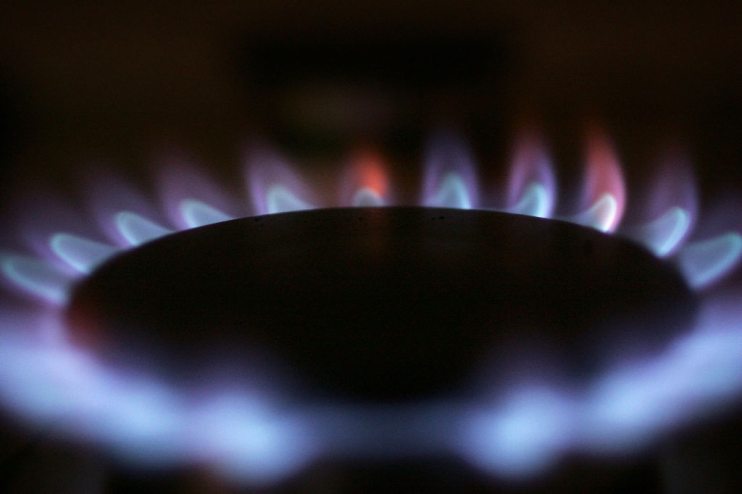Octopus CEO: We need strong competition to insulate us from future energy crises

The UK energy industry is in turmoil. The sector is currently going through its most difficult time in decades, with a handful already going bust in the last few weeks.
The lights will not go off this winter: we have well-oiled processes, put in place by the government and the energy regulator, to ensure customers are always looked after.
Over the past few weeks I’ve often been asked whether the current situation could have been prevented? The answer is – yes and no.
No, because the latest disruption in the market was brought about by a perfect storm – an imbalance between global gas demand and supply, partly driven by geopolitical issues between Russia and Europe, shortfalls in the UK’s normal electricity capacity due to several nuclear power stations being offline for unexpected maintenance, and a fire in one of the most important interconnectors between Britain and the continent.
We couldn’t foresee all of these circumstances.
But they have exposed the UK’s unhealthy dependence on fossil energy imports. Last year nearly 45 per cent of UK electricity came from renewable sources. In fact, it’s now cheaper to generate power from renewable sources than from fossil fuels. But unfortunately the price for electricity is still set by the price for generating it from fossil fuels, and so is still hooked to those prices.
The only solution is increased energy independence through renewables, with gas to back it up. But we also need to address a dangerous imbalance – currently the cost of electricity is artificially high compared with gas – around 23 per cent of the electricity bill is green taxes, compared to only 2 per cent of the gas bill. These high taxes on electricity are common across Europe – they exist because governments used taxes on electricity to subsidise renewable electricity generation. But electricity is now heavily taxed, whereas natural gas is not. To ease the current financial pressure on households, the government should take these green taxes off electricity, and only move them onto gas bills once global gas prices have come down again.
At the same time, many of the companies that are folding now should have been more prudently run. We are seeing a long-overdue market adjustment. For far too long companies have gotten away with offering bonkers cheap energy tariffs when wholesale prices were low, without hedging for times when energy might be more expensive. These are unsustainable business models which don’t deserve to be bailed out by the taxpayer.
Well-backed companies bought the energy to meet their customers’ winter needs in advance. Those companies are now in a good position to weather the storm without asking for government handouts. The price cap has been pinned as the scapegoat. In fact, the opposite is true. If anything the price cap is doing exactly what it was designed to do – protect customers from these price spikes in the market. Before the cap was introduced, energy companies could simply pass higher wholesale prices onto their customers.
Next, we need to ensure we have a strong renewables market, and that companies are prudently run when they are supplying something as crucial as energy. We shouldn’t be afraid of businesses going bust – that can happen – but we do need to make sure there is a high level of competition to protect consumers in the event of failure and to keep prices down.
As there are more worries about factories shutting down it may not look like it, but I’m sure that by exposing all these vulnerabilities we will be able to end our dependence on gas imports, building a greener and cheaper energy system for the UK.